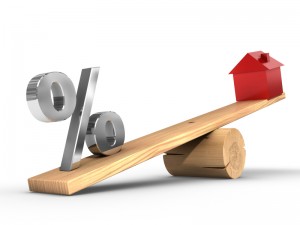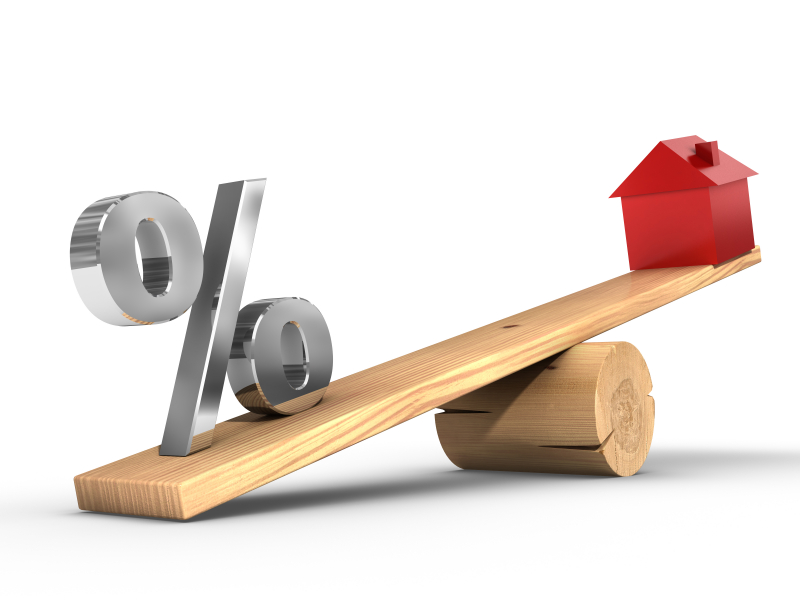Borrowers considering a tracker mortgage could benefit by striking now as the average rates on these variable products have fallen for the third consecutive month.
Borrowers considering a tracker mortgage could benefit by striking now as the average rates on these variable products have fallen for the third consecutive month.
 Data released by Moneyfacts has revealed the average two-year tracker rate has fallen by 0.08% since March and now stands at 1.92%.
Data released by Moneyfacts has revealed the average two-year tracker rate has fallen by 0.08% since March and now stands at 1.92%.
It’s the lowest average rate for a two-year tracker since the Bank of England (BoE) increased its base rate to 0.5% in November 2017.
According to Charlotte Nelson, finance expert at Moneyfacts, the two-year variable tracker market is much smaller than its fixed-rate counterpart meaning any rate change can have a swift impact.
However, while rates are reducing the number of deals available has also increased – rising from 222 at the start of the year to 246 in June. It means there is more choice available for any borrowers keen to take advantage of the low prices.
Nelson said: “While times are uncertain it is easy to see why these comparatively low variable rates would be attractive to borrowers, particularly if they have large enough equity in their home that they would ensure they’re not as affected by a rate rise if one occurred.
“However, any borrower considering a variable rate as an option will need to weigh up all the pros and cons before entering into a deal.”
Figures released at the end of last month by Experian suggest tracker deals were creating a stir amongst potential borrowers.
It said nearly half of people using its comparison service in May were looking at tracker mortgages.
But Nelson said with predictions of a rise in interest rates later this year, take up might not be quite as high.
“Despite this small resurgence, demand for such deals is likely to be relatively low,” she said, “particularly with a base rate rise looming on the horizon.
“However the average two-year tracker rate is still considerably lower than the average two-year fixed rate, which stands at 2.52% this month.”














